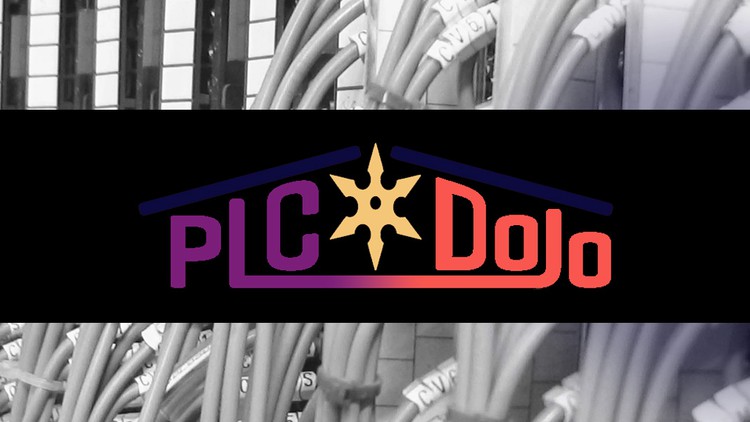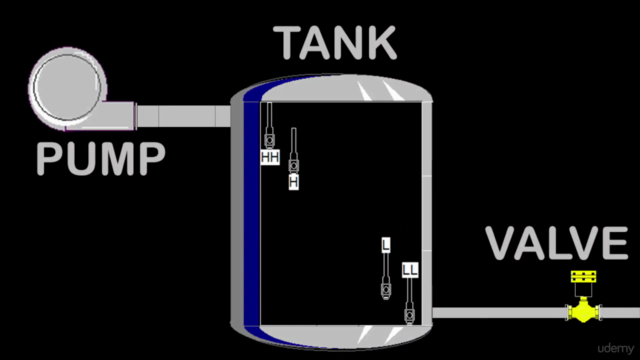Applied Logic (Level 2)
This course will give an intermediate-level student the experience necessary to originate complex, logical solutions.
4.73 (3645 reviews)

30 979
students
8.5 hours
content
Oct 2024
last update
$89.99
regular price
What you will learn
By the end of this course, you will be both able and practiced at originating complex ladder logic applications.
The primary and overall objective of this course is to give an INTERMEDIATE PLC programming student, rigorous, practical experience in creating unguided, original ladder logic.
Students will build on the knowledge and understanding of PLC programming they got from "PLC Programming from Scratch" by using those instructions and environments and techniques to create real-world solutions to problems defined throughout this course.
Upon completion of this course, students will have the requisite skill set to translate a description of a process into a functioning logical solution.
Course Gallery




Loading charts...
Comidoc Review
Our Verdict
Applied Logic (Level 2) offers an intermediate PLC programmer a rigorous and practical experience, developing problem-solving skills through diverse projects. While it may not extensively cover hardware components, wiring, HMI, or SCADA systems, the focus on ladder logic programming creates a strong foundation for further studies in controls engineering. The course's structure provides an independent learning environment suitable for students eager to deepen their grasp of real-world PLC applications.
What We Liked
- Comprehensive coverage of intermediate-level ladder logic, enhancing problem-solving abilities with real-world scenarios
- Instructor's emphasis on independent learning, enabling 'thinking like a PLC programmer' and reinforcing knowledge through practice
- Well-structured course design with clear progression, supporting a strong foundation for further studies in controls engineering
- Covers a variety of practical applications, such as data manipulation for MSExcel integration, fostering versatile skills
Potential Drawbacks
- Minimal focus on hardware components and field wiring; course primarily focuses on ladder logic programming
- Lack of HMI and SCADA coverage may leave some students wanting more breadth in control systems understanding
- Limited direct interaction with the instructor might lead to slower resolution for specific questions or concerns
Related Topics
811172
udemy ID
03/04/2016
course created date
28/09/2019
course indexed date
Bot
course submited by